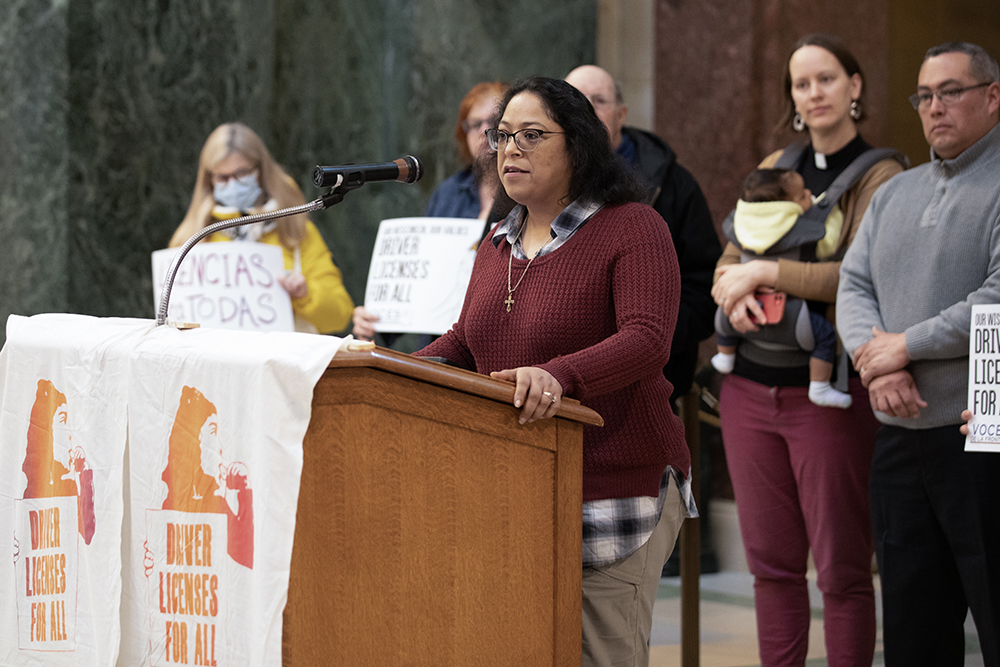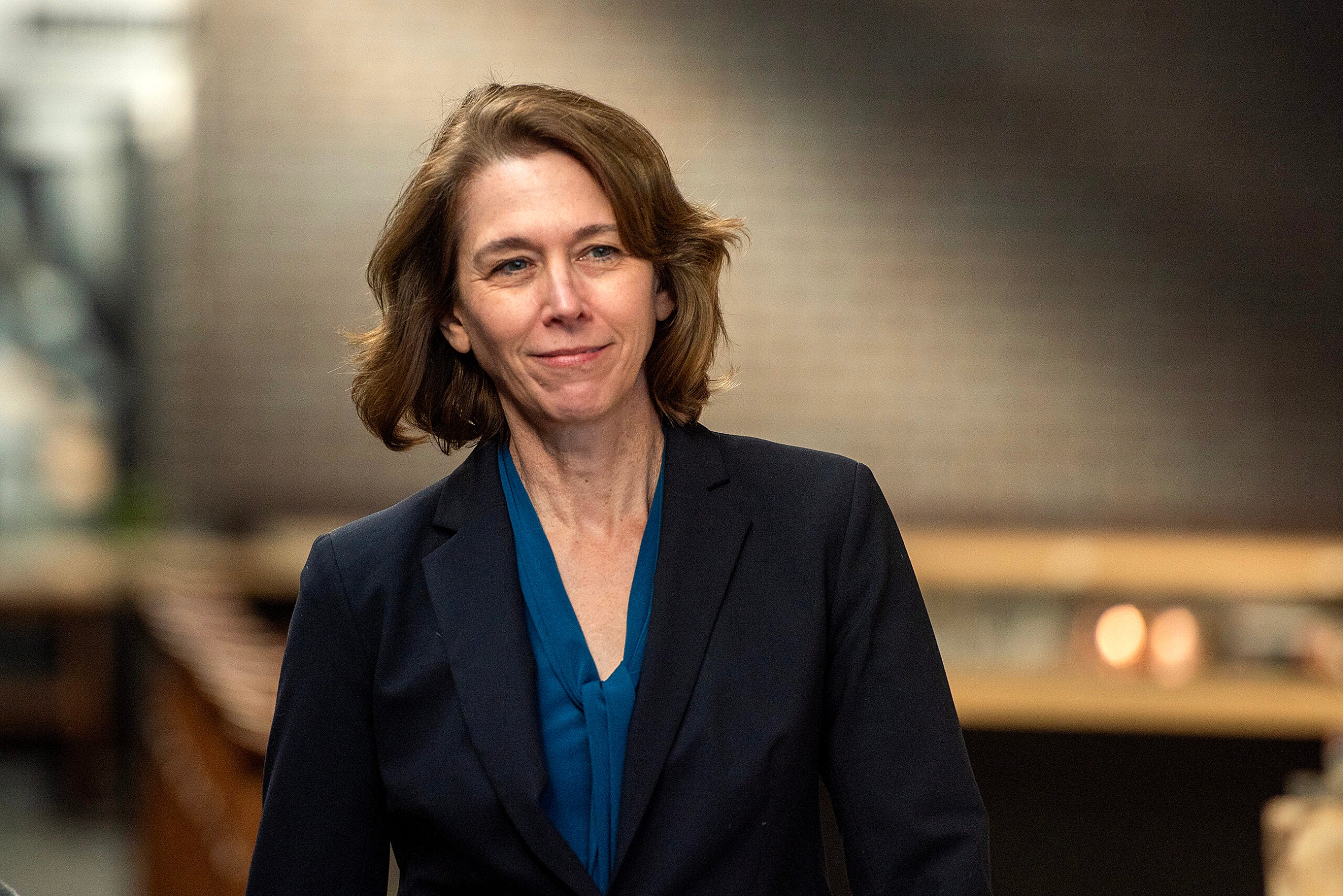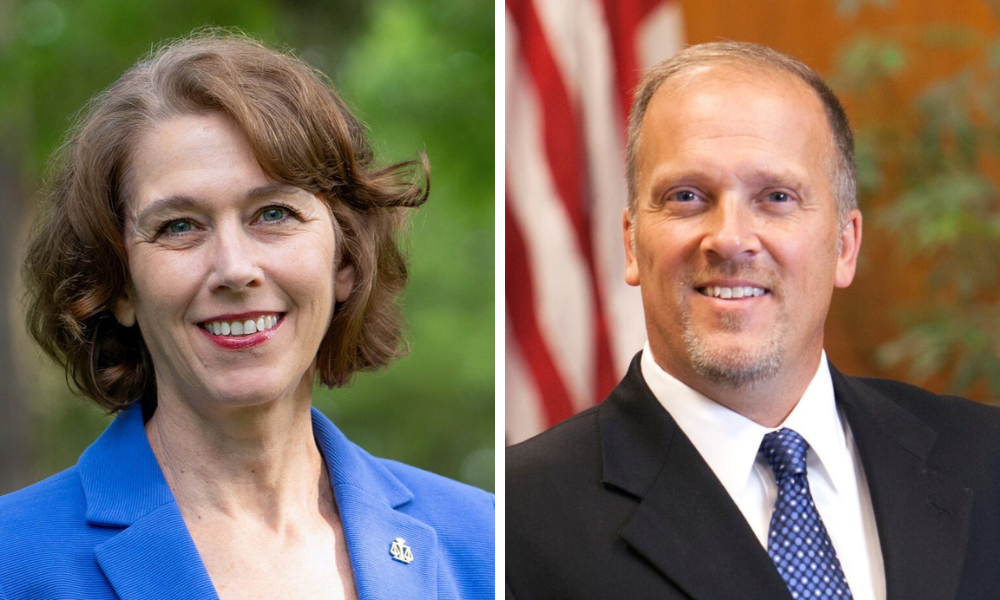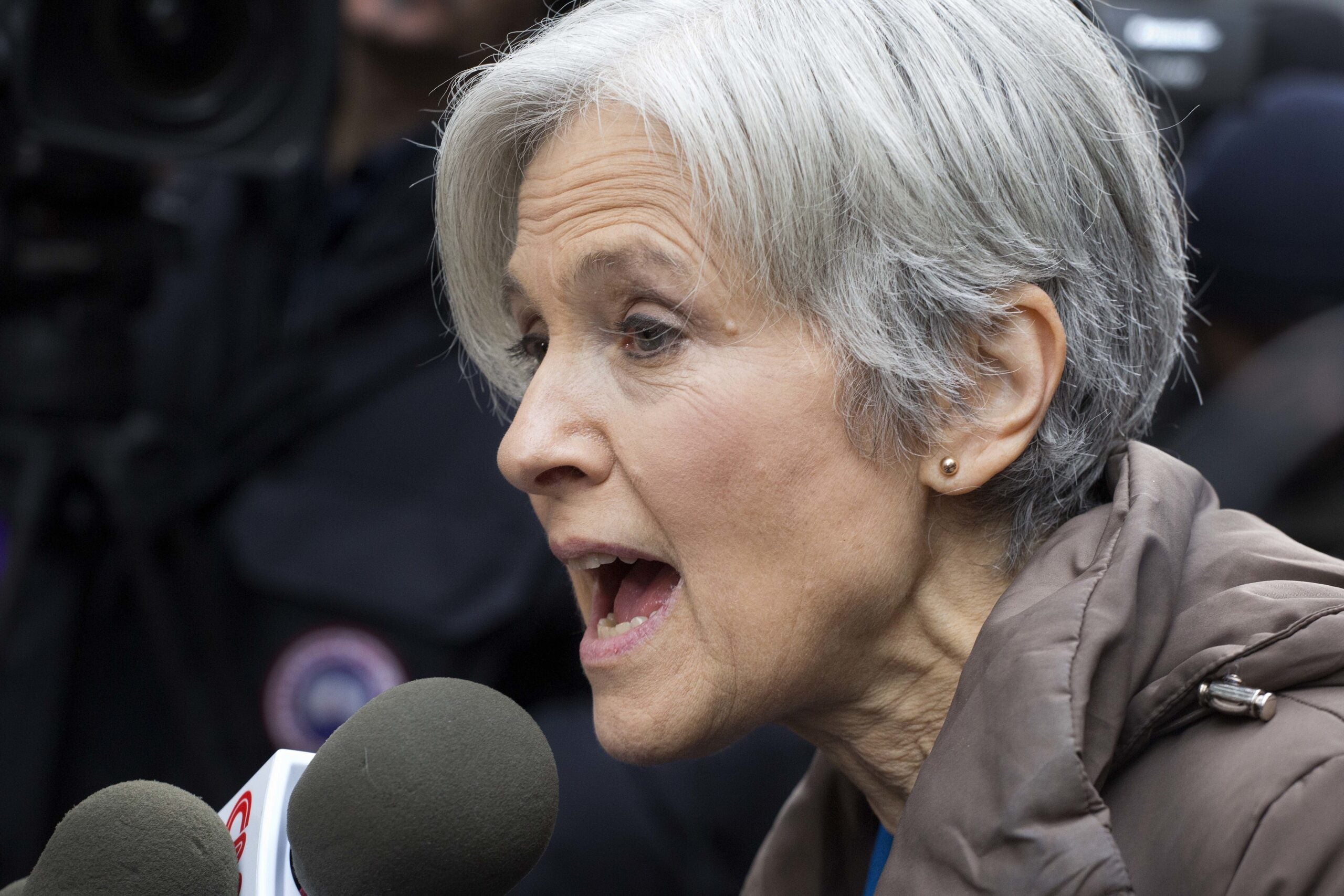The U.S. Supreme Court won’t hear an appeal of a lower court ruling that sided with Gov. Tony Evers in a dispute with a conservative think tank over media access.
The John K. MacIver Institute for Public Policy sued Evers in 2019 after the governor’s office denied the MacIver News Service access to a media briefing on the state budget. MacIver argued the governor had violated its First Amendment right to freedom of the press based on the institute’s editorial stances.
Evers’ office argued the First Amendment did not grant unlimited access to governmental events, and that it had used a neutral set of media access criteria to decide who to invite to the media briefing. MacIver was denied access, according to the governor’s office, because it was not principally a news organization because its lobbying activity, policy advocacy, and self-described status as a “think tank” did not meet the criteria.
News with a little more humanity
WPR’s “Wisconsin Today” newsletter keeps you connected to the state you love without feeling overwhelmed. No paywall. No agenda. No corporate filter.
U.S. District Court Judge James Peterson sided with Evers in the dispute and a unanimous 7th Circuit Court of Appeals upheld his decision, ruling on April 9 that it found no evidence Evers engaged in any kind of “viewpoint discrimination” in denying MacIver access.
“We find that the Governor’s media-access criteria are indeed reasonable and not an effort to suppress MacIver’s expression because of its viewpoint,” wrote Appeals Judge Ilana Rovner. “There is nothing inherently viewpoint-based about these criteria, and MacIver has not provided any evidence that the Governor’s office manipulates these neutral criteria in a manner that discriminates against conservative media.”
Rovner, who was nominated to the court by former Republican President George H.W. Bush, said the governor was under no obligation to grant every media outlet access to every press conference.
“We cannot fathom the chaos that might ensue if every gubernatorial press event had to be open to any ‘qualified’ journalist with only the most narrowly drawn restrictions on who might be included,” Rovner wrote.
The MacIver Institute appealed, but in an order issued Monday, the U.S. Supreme Court denied the case. Justices did not provide a written explanation for their decision.
Howard Schweber, a professor of political science and First Amendment law expert at the University of Wisconsin-Madison, said the rulings upheld the idea that a governor has a certain amount of leeway to apply definitions for who is a journalist and who is not.
“The Supreme Court was not interested in a deep dive into revealing the question of who qualifies as a journalist, which is an interesting question, particularly in the era of internet,” Schweber said.
Schweber said he viewed the Supreme Court’s move as an “abdication” of their duty to provide more clarity on First Amendment rights in an increasingly complex media environment.
“They’re dodging what I think of as their responsibility to answer pressing constitutional questions that are current public concerns,” Schweber said.
Daniel Suhr, an attorney for the Chicago-based Liberty Justice Center which represented MacIver, issued a statement making clear that the Supreme Court’s order in this particular case was final.
“As this case ends, two things remain clear: the MacIver News Service is run by award-winning journalists, and politicians should not censor their news coverage by hand-picking who covers them,” Suhr said in the written statement.
The governor’s office did not comment on the Supreme Court’s action, referring to the governor’s legal brief laying out his office’s reasons for denying MacIver access.
Editor’s note: This story has been updated with original reporting from WPR.
Wisconsin Public Radio, © Copyright 2025, Board of Regents of the University of Wisconsin System and Wisconsin Educational Communications Board.







